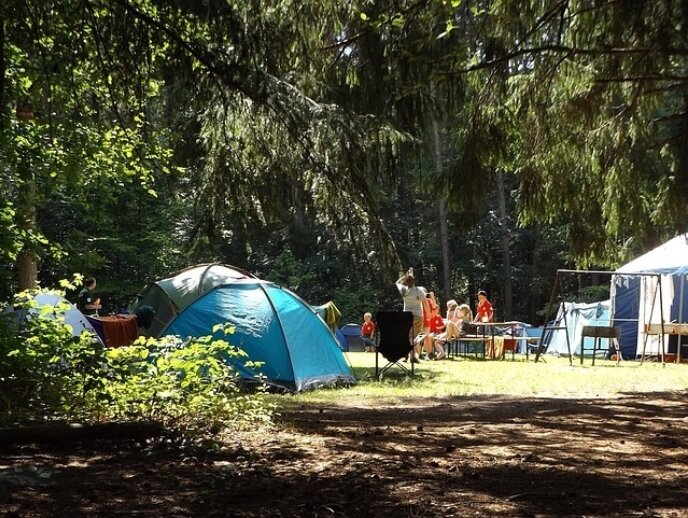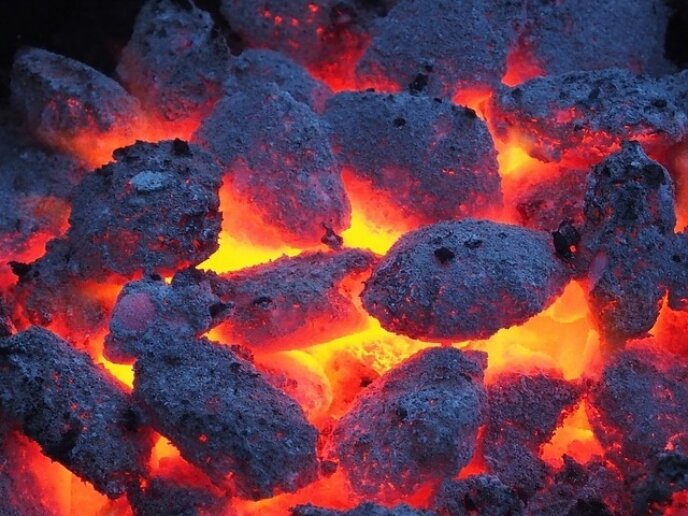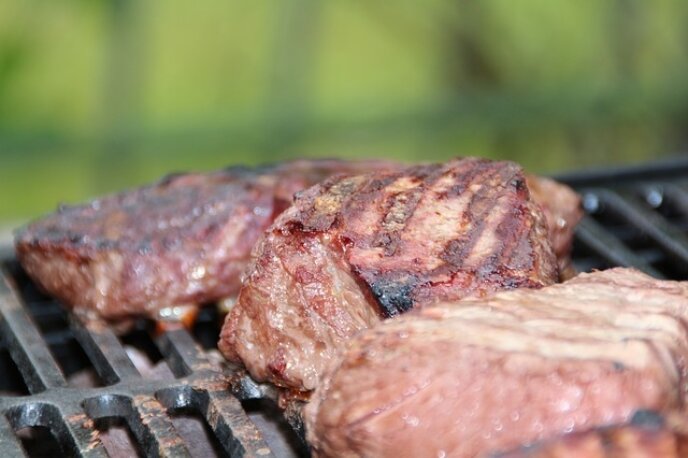How To Make The Most Of Your Summer BBQ
We turned to Japan BBQ College's outdoor barbecue specialist Mr. Sasaki for some tips on how to make the most of your BBQ this summer.
Just as the weather had warmed up, I found myself outside waiting when I suddenly caught the delicious fragrance of barbecued meats and heard lively voices coming from a nearby garage. I was reminded that here in Niseko this is a scene you stumble across frequently once the snow and ice thaws away. Throughout the week, but especially on weekends and holidays, you will find people lounging around barbecues of different shapes and sizes until the weather starts to turn cold once again in late-October.
Just about every barbecue is bound to be a success so long as you are surrounded by good friends and family, but have you ever wondered if you could take your grilling experience to another level? Is there more to a BBQ than simply throwing meat, veggies, and seafood on a grill?
Truth be told, there are volumes of books about cooking on the grill and it can be tough to know where to start. So we turned to Japan BBQ College's outdoor barbecue specialist Mr. Sakaki, one of the best sources of information when it comes to grills and charcoal, for some tips of the trade.

A familiar summer scene, a crowded campsite with the family!
Is it best to freeze the meat?
When you go to cook up your meat, you will want it to be at room temperature before you throw it on the grill. In the summer, it is absolutely necessary to carry meat in a cooler to keep temperatures down. Regardless of how cold you keep it, you will want to let it return to a normal temperature before you cook it so you don't lose any of the meat's juiciness!
Is it necessary to flavour or marinate your meats?
First off, the purpose of marinating or pickling is to soften the meat and to erase some of the meats smell. Whether to marinate or not will heavily depend on the cut of meat—there are parts of cuts that should definitely not be marinated, but rather should be cooked and served as is. Additionally, the majority of meat distributed in Japan has little to no smell to be removed. If you are really keen to add an aroma or flavour to the meat, I would suggest that adding herbs and spices is often the best way to proceed.
If you are looking to soften the meats by marinating them, I would recommend making a marinade paste from foods that are high in proteolytic enzymes (like pineapple, melon, or beets). I would caution against salt reduction as the salt will drain the moisture of the meat and you might ruin the taste and texture. I recommend adding salt right before you go to grill the meats up, adding as much or as little as you prefer. I would strongly advise against marinating Japanese "wagyu" beef as the marinate will halve the natural flavours.
Is there a way to grill which ensures the best possible flavour?
When using a charcoal BBQ, you don't want to be cooking when the flames are licking up through the grill. If there are still orange and red flames coming up, you need to wait until the embers settle down and calmly glimmer orange. Never cook the meats in the flames. When you see flames shooting up, remember that this will result in burnt or blackened meats.
With a charcoal fire, you will want to cut your meats after cooking them. The more cuts you make before hand, the more moisture and flavour you will lose to the flames. Even thick or lumpy cuts of meat are best to be sliced up after grilling when you are ready to serve and eat.

Charcoal embers glowing orange—time to start grilling!
What food do you recommend to supplement meats at a BBQ?
For seafood, I recommend fish that has been dried overnight or which is sold dried as it will have more flavour than fresh raw fish. When dried overnight, the flavours condense and are more suitable for barbecuing.
With vegetables, you want the opposite. The fresher the better! The more moisture in the vegetables the tastier they will be when they are grilled up. Chinese yam, onions, and corn are great choices and very good for grilling.
When renting a BBQ set here in Niseko, are there any other tools that you would recommend picking up?
It's nice to have a pair of gloves; your best bet are leather gloves to prevent burns. It can be a good idea to have a set of disposable rubber gloves or latex gloves so you don't have to wash your hands after handling your uncooked food. You will definitely want to have a cooler box for storing your food. Buying seasoning and spices locally can be surprisingly expensive as you can't buy them in small quantities for a single BBQ, so I think it is best to plan ahead and bring a small amount of salt or spices with you if you can. Lastly, aluminum foil and wet tissues. They are indispensable for wrapping around certain foods when you grill them and for wrapping up surplus foods when it is time to clean up.

Steaks grilling over a summer barbecue!
Any last thoughts to help our readers enjoy their outdoor barbecues more?
I think that barbecuing is a unique way to experience popular local food. When you come to Niseko and barbecue, you can find yourself eating meats and vegetables produced in and around Niseko depending on what you pick out. It is pretty neat to be eating food taken from the land, on the very land it was taken from; you might call that a "Niseko style" BBQ and it is something that is very suited to Niseko's location.
Also, don't forget to be considerate of those around you when you are barbecuing. It is easy to lose yourself in the moment with friends and family and let the volume go out of control. Lastly, please make sure you thoroughly clean up, picking up all of the trash at the end of the night!
